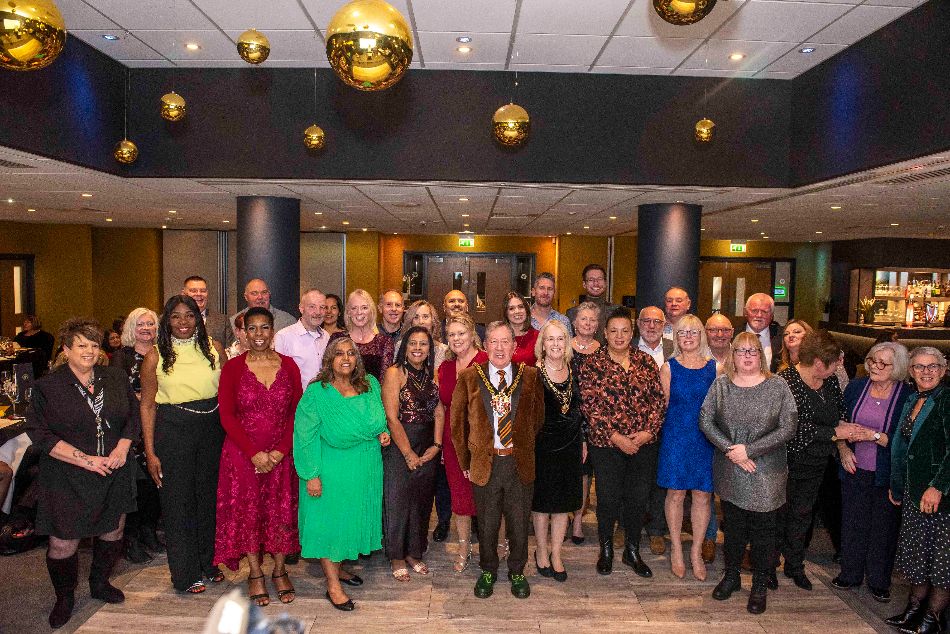The New Vision for Education, a study of nearly 100 countries, has revealed large gaps in students' skills around the world. Too many students are not getting the education they need to prosper in the 21st century, and countries are not finding adequate numbers of the skilled workers they need to be globally competitive.
Written in collaboration with the Boston Consulting Group, the report compares the performance of 91 countries across a range of income levels and has revealed large gaps in students' skills, not only in areas such as language arts, mathematics and science, but also in critical thinking, creativity and curiosity.
Education technology can yield the best results if it is tailored to a country's unique educational challenges, such as those related to inadequately trained teachers or insufficient financial resources.
“Technology is a positive disruptive force for improving the efficiency and quality of education. However, for technology to reach its greatest potential in teaching and learning, it needs to be better integrated throughout the instruction process and focus on problems unique to a country's educational context,” said Mengyu Annie Luo, Head of Media, Entertainment and Information Industries at the World Economic Forum.
“Multistakeholder collaboration is crucial to achieve innovation in the education space and to close the skills gap,” said Gordon Brown, the former British Prime Minister, at the New Vision for Education workshop in Davos during the Forum's Annual Meeting. “While technology is not a silver bullet, I'm glad to see the momentum across industries and sectors to align goals and expertise and bring education quality and equality to different parts of the world.”
“The skills gap is not just a developing-world issue: we found wide variations in performance among high-income countries as well,” said Elizabeth Kaufman, a BCG Partner and a project advisor for the report. “For example, the US has gaps in numeracy and literacy when compared with high-performing peers such as Japan, Finland or South Korea,” added Allison Bailey, a BCG Senior Partner and Head of their US education practice. “That means all countries must improve their educational systems to grow and compete.”
The report identified areas for collaboration among policy-makers, educators, education technology providers and funders to accelerate the pace of innovation in the education space across the globe. The recommended actions include:
- Assess and realign educational systems and standards for the development of 21st-century skills
- Develop and promote technology expertise among teachers
- Develop products to fill gaps in 21st-century skill measurement and instruction
- Provide funding to pilot, transfer and scale technology-enabled models
















